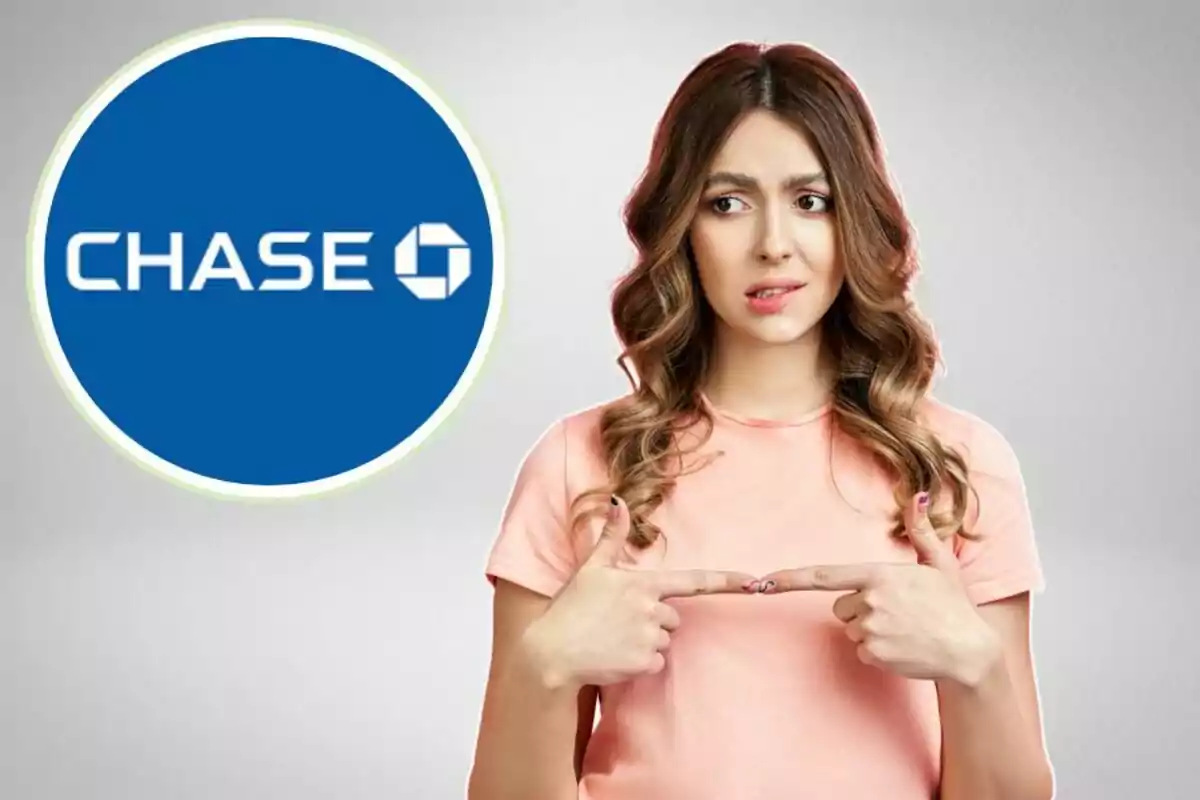Chase Bank has issued an urgent warning to protect its customers in the United States. With summer and travel just around the corner, scammers take advantage of the heat and carelessness to set traps. If you follow this essential step, you'll avoid scares and you'll be able to keep your purchases safe.
Chase Bank reminds you, they'll never ask you to send money to yourself. In many phone scams, calls, or messages (smishing), they tell you to transfer funds to a supposed "safe account." That's a lie; the bank doesn't request confirmations by codes nor do they tell you to cancel transactions using Zelle or gift cards.
Pay close attention to Chase Bank's alert: this summer could cost you dearly
In summer, when we plan trips and shop online, we must be more cautious. Scammers post fake offers for suitcases, cheap tickets, and accommodations on social media and on cloned pages of well-known brands. After you click, they ask you to pay with Zelle, wire transfer, or gift cards, and if you fall for it, they can scam and steal your money without protection.

Safe summer shopping requires care; don't trust discounts that seem too good or urgent purchases on social media. Chase Bank emphasizes that payments without purchase guarantees—such as with transfers, Zelle, cryptocurrencies, checks, or gift cards—don't offer protection. The safest way is to use a credit card or a payment with protection.
Watch out for this fraud: Chase Bank is already warning
The real danger also comes in the form of impersonation: calls that pretend to be from "Chase Frauds Security." The calls (vishing) and fake messages (smishing) make you feel urgency, ask for information, or pressure you to act quickly. If you respond, they can scam thousands of dollars.

A recent case in Texas illustrates the risk: a teacher lost more than $30,000 (30,000 USD) after receiving a call that seemed real. Although Chase returned only $2,000 (2,000 USD), because he authorized the transfer under pressure.
Chase Bank asks you to strictly follow these recommendations
Don't answer or respond to links or phone numbers from suspicious messages. Hang up and always call the number you have on your card, statement, or Chase's website. Enable two-step verification and unusual activity alerts; this helps you detect fraud before you suffer from it.
Most importantly: the essential step is to hang up and call the official customer service number yourself. This way, you avoid falling into the trap and having your money stolen. That simple step makes the difference between continuing to enjoy the summer or suffering fraud when you return from your trips.

